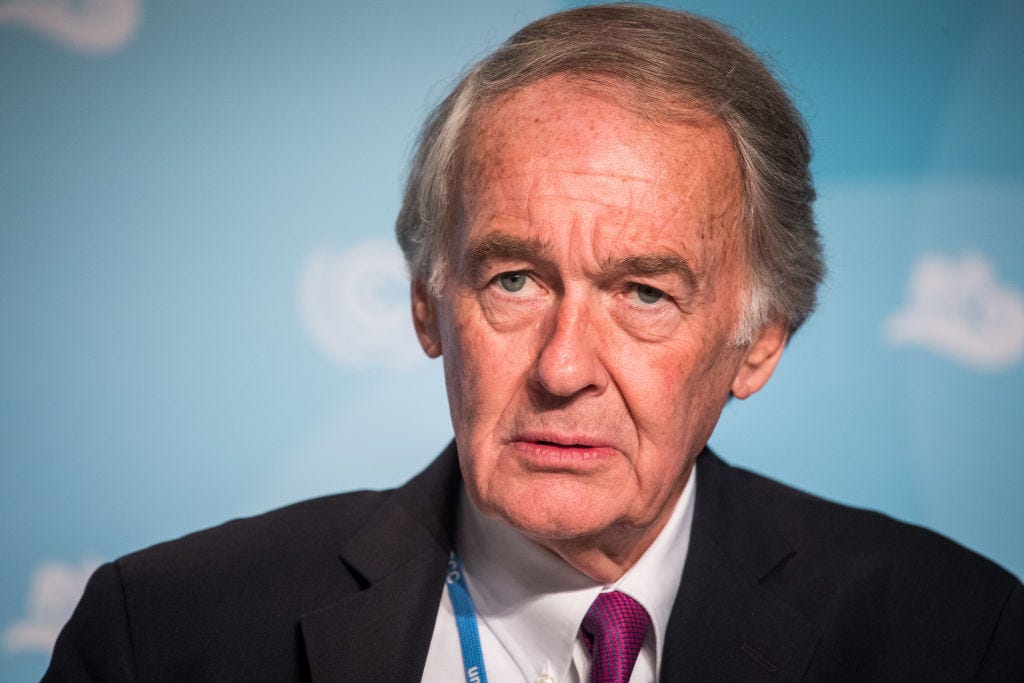Ed Markey probes AGU over fossil fuel funding
The Democratic Senator is now asking the same questions HEATED asked in our investigation last week—and more.

Today we’re bringing you a new development in last week’s investigation of the American Geophysical Union’s harsh response to a peaceful protest by two climate scientists.
In case you missed it: AGU, the world’s largest Earth science organization, ban…


